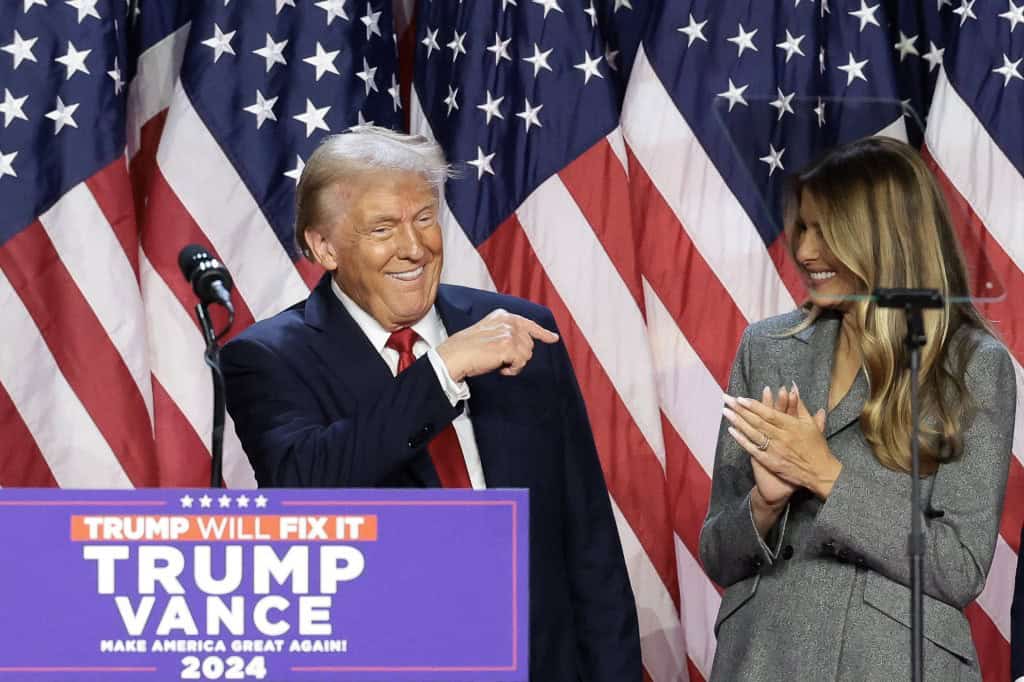Former U.S. President Donald Trump won the 2024 presidential election, defeating Vice President Kamala Harris in a closely watched race. The result, confirmed early Wednesday, saw Trump surpass the 270 electoral votes needed to clinch the presidency, marking a significant shift in U.S. leadership that could have far-reaching implications for Latin America.
Throughout Latin America, reactions to Trump’s victory have been mixed, reflecting the complex relationship between the region and its northern neighbor. Political analysts and leaders across the continent are now carefully considering the potential impact of Trump’s return to office on issues ranging from trade and immigration to regional security and diplomatic relations.
One of the primary concerns for many Latin American countries is the future of trade relations. Trump’s first term was characterized by a strong “America First” approach, which led to the renegotiation of trade agreements such as NAFTA. As the region continues to grapple with economic challenges exacerbated by the global pandemic, there is uncertainty about how Trump’s trade policies might affect economic recovery efforts.
Immigration is another critical issue that has captured the attention of Latin American governments and citizens alike. Trump’s campaign promises included stricter border control measures and potential changes to immigration policies. These proposals have raised questions about the future of remittances, which play a crucial role in many Latin American economies, and the status of migrants already in the United States.
On the diplomatic front, some Latin American leaders are anticipating a shift in U.S. foreign policy towards the region. Trump’s previous term saw a more confrontational approach to countries like Venezuela and Cuba, and many are watching closely to see if this stance will continue or evolve in his second term.
However, it’s worth noting that Trump’s presidency also saw increased engagement with certain Latin American leaders who aligned with his political ideology. Some conservative governments in the region may see opportunities for closer cooperation with the United States under Trump’s leadership.
Climate change and environmental policies are also areas of concern for many Latin American countries, particularly those in the Amazon region. Trump’s skepticism towards climate change agreements during his first term has led to speculation about how his return to office might impact international efforts to address environmental challenges.
As the dust settles on the election results, Latin American governments are preparing to navigate this new political landscape. Many are adopting a wait-and-see approach, recognizing that campaign rhetoric doesn’t always translate directly into policy actions.
Ultimately, the impact of Trump’s victory on Latin America will depend on the specific policies his administration implements and how countries in the region choose to respond. As always, the relationship between the United States and Latin America remains dynamic, with both challenges and opportunities lying ahead in this new chapter of hemispheric relations.






